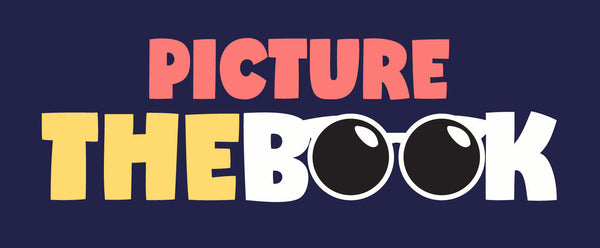
Welcome to 'Out of Sight, In Their Minds'
Hello readers,
Welcome to my brand-new blog, "Out of Sight, In Their Minds: Writing Inclusive Picture Books for Blind Kids.”
I'm Sherri Eri, and I have a special interest in creating inclusive picture books, crafted with visually-impaired kids in mind.
You see, I am myself visually-impaired. And I understand how it feels to know a picture is there but not know how that picture helps to tell the tale.
What is the Difference Between Inclusive and Non-Inclusive Picture Books?

In inclusive picture books, both blind and sighted kids can enjoy the same stories.
Illustrations are still there, of course (after all, we are talking about picture books). But readers don’t need the illustrations to understand the story.
In other words, it’s just like when adults read a novel. Words alone can help them “see” in their minds what the words describe.
Non-inclusive picture books

In contrast, in non-inclusive picture books, sighted young readers need the illustrations to understand the story. Yes, the words partly tell the story, but the illustrations do the rest or most of the storytelling.
This is a beautiful and educational art form but it excludes blind kids from understanding what’s going on.
In fact, cover up the illustrations, and even sighted readers would feel lost.
What to Expect from “Out of Sight, In Their Minds”?
I'll be sharing tips on how you, too, can create inclusive picture books — from writing engaging stories to producing audio books, and more.
I hope this can then help you start your own inclusive storytelling journey, whether as a new career, for making up tales for your sight-impaired little ones, or for choosing books for them to read. Till my next post.
See you when I see you,
Sherri Eri
P.S. You might notice I use the word “blind” a lot, and only sometimes do I use the politically correct terms like “visually-impaired”, “visually-challenged”, “sight-impaired”, etc.
That’s because my friends and I, here in Singapore, refer to ourselves as “blind”. “Blind” is shorter, more easily understood, and gets the message across faster.
P.P.S. Tell me about your experiences creating stories for sight-impaired little ones.
Email me about your experiences writing stories for sight-impaired little ones.

